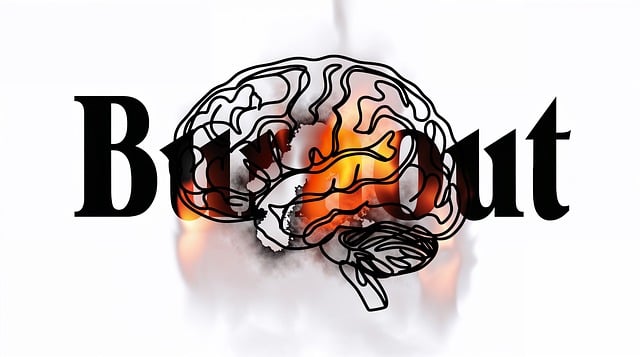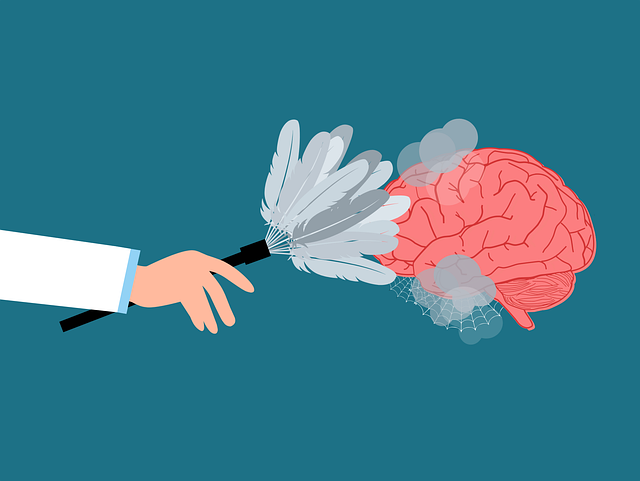Broomfield Psychosis Therapy provides specialized trauma support services using holistic, evidence-based approaches like CBT, mindfulness, and EMDR. Their tailored plans focus on crisis intervention, stress management, emotional regulation, and building resilience. With an emphasis on cultural sensitivity, they cater to diverse populations, fostering community healing and social skills for sustainable recovery. Reaching out to local healthcare providers or mental health organizations is a crucial first step towards accessing these services and rebuilding life after trauma.
Trauma is a prevalent issue with profound implications, affecting individuals across diverse communities. This article explores the critical role of trauma support services in fostering healing and resilience. We delve into the far-reaching effects of trauma and how Broomfield Psychosis Therapy offers specialized care. Additionally, we provide a comprehensive guide to accessing support services, highlighting effective strategies for service provision. By understanding these elements, we can better navigate the path toward recovery and build resilient communities.
- Understanding Trauma and Its Impact
- The Role of Broomfield Psychosis Therapy
- Accessing Support Services: A Comprehensive Guide
- Effective Strategies for Service Provision
- Fostering Resilience and Healing Communities
Understanding Trauma and Its Impact

Trauma is a profound and complex experience that can leave lasting effects on an individual’s mental and emotional well-being. It often arises from challenging or life-threatening situations, such as accidents, violence, or natural disasters. Understanding trauma is the first step towards providing effective support. This includes recognizing its impact on various aspects of a person’s life, including their thinking patterns, emotions, and behaviors.
At Broomfield Psychosis Therapy, we believe that addressing trauma requires a nuanced approach. It often involves helping individuals process and make sense of their experiences while developing healthy coping mechanisms. Mindfulness Meditation can be a powerful tool in this process, allowing people to cultivate present-moment awareness and reduce the intensity of traumatic memories. Additionally, Healthcare Provider Cultural Competency Training is essential to ensure that support services are accessible and tailored to diverse populations, considering cultural nuances and potential barriers to care. By integrating such practices, we aim to foster resilience and promote healing from trauma, ultimately empowering individuals to lead fulfilling lives.
The Role of Broomfield Psychosis Therapy

Broomfield Psychosis Therapy plays a pivotal role in trauma support services by offering specialized care tailored to individuals facing psychotic disorders following traumatic events. This therapeutic approach focuses on addressing the unique challenges posed by post-traumatic stress and psychosis, aiming to restore mental wellness and enhance overall resilience. By incorporating evidence-based techniques, such as cognitive behavioural therapy (CBT) and mindfulness practices, Broomfield Psychosis Therapy helps clients develop effective coping strategies to manage symptoms and regain control over their lives.
The program prioritizes building confidence in individuals who have experienced trauma, enabling them to navigate the complexities of their mental health journey with renewed hope and purpose. Moreover, it incorporates burnout prevention strategies specifically designed for healthcare providers, recognizing that supporting others can be emotionally taxing. Through a comprehensive approach that intertwines trauma healing and mental wellness promotion, Broomfield Psychosis Therapy strives to foster sustainable recovery and empower individuals to thrive in the face of adversity.
Accessing Support Services: A Comprehensive Guide

Accessing support services for trauma recovery is a crucial step towards healing and rebuilding one’s life. The process can seem daunting, but with the right guidance, individuals can navigate their options effectively. Understanding available resources, such as Broomfield Psychosis Therapy, is essential to finding tailored care. The first step often involves reaching out to local healthcare providers or mental health organizations that offer initial assessments and crisis intervention guidance. This initial contact provides a safe space to discuss concerns and learn about potential treatments.
During this stage, individuals can expect to be assessed for their specific needs, which may include mood management techniques and compassion cultivation practices. Mental health professionals will create a plan focusing on short-term relief during crises and long-term strategies for resilience. Many services also offer ongoing support groups or one-on-one therapy sessions, ensuring continuity of care. Remember, seeking help is a sign of strength, and with the right support, healing from trauma becomes an achievable journey.
Effective Strategies for Service Provision

Effective strategies for trauma support service provision are crucial to ensure that individuals experiencing traumatic events receive the care they need. At Broomfield Psychosis Therapy, we emphasize a holistic approach that combines various therapeutic techniques tailored to each client’s unique needs. Our trained professionals employ crisis intervention guidance to help individuals navigate acute distress and provide tools for effective stress management and emotional regulation.
By integrating evidence-based practices, we facilitate safe spaces where clients can process their traumatic experiences at their own pace. This includes cognitive behavioral therapy (CBT), eye movement desensitization and reprocessing (EMDR), and mindfulness techniques that help in breaking down defensive barriers and fostering resilience. We also offer ongoing support to ensure sustainable recovery and emotional well-being, addressing not just the symptoms but the underlying causes of trauma.
Fostering Resilience and Healing Communities

In the realm of trauma support services, fostering resilience and healing within communities is a multifaceted endeavor. Broomfield Psychosis Therapy recognizes that recovery is not just an individual journey but is deeply intertwined with the social fabric. By integrating Cultural Sensitivity in Mental Healthcare Practice, therapists cater to the diverse needs of clients from various backgrounds, ensuring that healing processes are inclusive and effective. This approach not only addresses the symptoms but also strengthens the community by enhancing social skills through training programs designed to improve interaction and support among members.
The impact of trauma is often amplified within communities that lack resources or face systemic barriers. Through collaborative efforts, Broomfield Psychosis Therapy aims to break down these barriers, providing avenues for anxiety relief and promoting a sense of belonging. By fostering strong community bonds, individuals become more resilient in the face of adversity, creating a supportive network that reverberates through the entire neighborhood. This collective healing process not only benefits the direct recipients of therapy but also contributes to the overall well-being and stability of the community at large.
In conclusion, addressing trauma requires a multifaceted approach, from understanding its profound impact on individuals and communities to implementing effective strategies in service provision. As highlighted, Broomfield Psychosis Therapy offers valuable insights into healing processes, emphasizing the importance of accessible support services. By navigating the complex landscape of trauma care, we can foster resilience, enhance community healing, and ensure that those affected by trauma receive the comprehensive assistance they need. This guide serves as a starting point for professionals and communities to revolutionize trauma support, leaving no one behind in their journey towards recovery.














